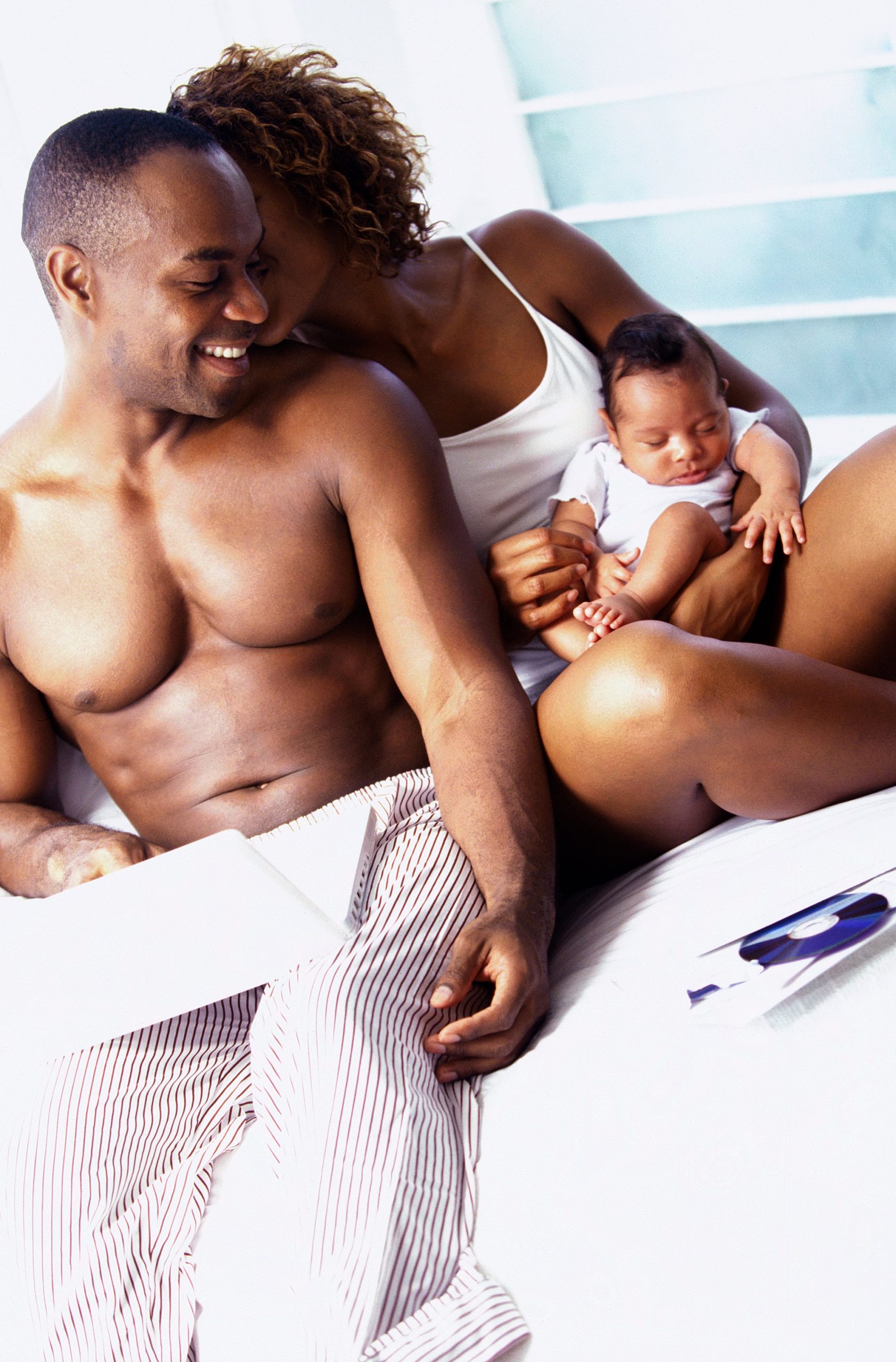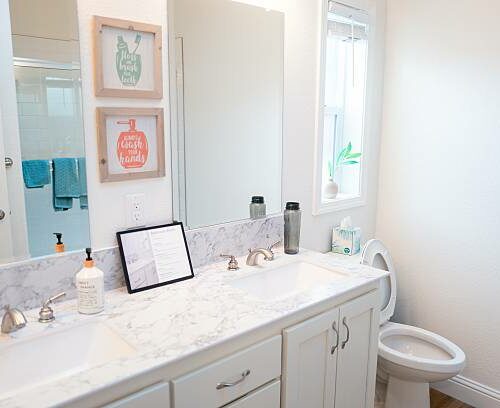
Giving birth drastically changes your body, and this can severely impact your sexual experiences and perception of your body. Dr Tlaleng Mofokeng finds out how you can manage these challenges while maintaining a healthy sex life.
The expectations and scrutiny society has around women’s bodies and what they should look like is undeniable. This is from the age-old car adverts with women in bikinis and using them as props in music videos to the fashion magazines that only portray and celebrate a certain type of woman, which for South Africa is neither the default nor norm.
BODY SHAMING
From an early age, body shaming and commenting on women’s bodies has been so normal that it has become a form of greeting in phrases such as “o nonne ha ka kang!” (you’ve gotten so fat). Even nicknames such as “sdudla” (fatty) have set a standard for what is acceptable and deemed attractive. The experiences of young women transitioning into adulthood are riddled with ideas on how to achieve this unrealistic standard often manifesting itself as self-judgement, self-loathing and internalised fatphobia. Some women go on to have positive body images despite this constant policing while for some, the obsession with weight, body shape and dieting gimmicks can be the genesis of eating disorders and body dysmorphia. It is no wonder then that by the time you have to navigate pregnancy and its related health conditions, you have pre-existing concerns about your body and weight, which can be exacerbated. Donné Bailey, who recently gave birth to her second child, was in the process of losing weight during her first pregnancy because she had always carried extra as a young woman. “I got pregnant as soon as I hit my ideal weight. This meant that after my pregnancy, I felt pressure to get back into my fitness routine. In a nutshell, pregnancy didn’t bring about new pressure to lose weight for me; it just intensified the pressure that was already there.”
THE PRESSURE TO BOUNCE BACK
The idea of “snapping back” after pregnancy fuels anxiety. And because our bodies are different, the timeline and look of a post-pregnancy body will always be unrealistic. This has been made worse by international stars who seem to regain their figure or even lose weight within weeks of giving birth. It is all relative, and unless exercising was already a part of your routine before and during pregnancy, you may be setting yourself up for emotional and physical anguish. In a recent TV interview on Show Me Love, actress, health and fitness enthusiast, and new mom Khabonina Qubeka shared her pregnancy journey and views about post-pregnancy body positivity. “I’ve seen so many ordinary women with two-month-old babies looking good. And I’m not talking about slender women; I’m talking about them looking and feeling good. Snapping back could be about going back to what you were before or that you are losing weight. Lessen the pressure by working out before, during and after pregnancy.” For some women, “going back” is not possible because of the new body they have after the monumental medical event of pregnancy. If you had a vaginal birth, exercising can start as soon as you feel healthy enough, even within a few days. But, if you had pregnancy complications or a caesarean birth, are using mobility aids or have other medical conditions limiting movement, you will have to consult your midwife or doctor about getting into an exercise routine, which can take weeks. The American College of Obstetricians and Gynaecologists advises that muscle-strengthening workouts are best as this works the body’s major muscle groups such as the legs, arms and hips. Examples include yoga, Pilates, lifting weights, sit-ups and push-ups. Specific to the pelvic floor muscles, even more so during and post pregnancy, Kegel exercises ensure the health and conditioning of the pelvic floor. Dietician Clinton Bakasa says in today’s world, post-partum moms are often faced with pressure to quickly bounce back to their pre-pregnancy weight. “And because of that, they tend to turn to fad diets, which in most cases are restrictive on some food groups or nutrients. This has a lot of negative effects such as increased likelihood of getting infections, poor healing, inflammation, blood pressure problems or post-partum depression.”
Dealing with post-partum depression
GETTING BACK IN THE SADDLE
Donné’s experiences with her body affected her sexual pleasure. “I’ve had multiple pregnancies. During the first one, I struggled most in terms of confidence. My vagina felt painful on penetration, and sex was uncomfortable for me and my partner. I started doing Kegel exercises; I also needed to allow more time for my vaginal canal to heal.” Some of the sexual pleasure-related problems such as vaginal dryness, painful penetration, pain during sex and orgasm, bleeding or irritation after sex and loss of sexual desire are common post pregnancy and birth. An article published in The National Center for Biotechnology Information website in 2016 titled Perceived Barriers and Enablers of Physical Activity in Postpartum Women: a Qualitative Approach, found that fatigue, lack of motivation and confidence, substantial time constraints, lack of access to affordable and appropriate activities as well as poor access to public transport were barriers to physical activity. In contrast, partner support improved post pregnancy activity and exercise participation. Additionally, hormonal changes can make you emotional while some days you might feel too tired to exercise. Clinton adds that if you are breastfeeding, lactation also places high demands on the body, and decreased micronutrient stores can heighten post-partum depression risk. “Simply put, nutrient depletion takes place during pregnancy and breastfeeding. In fact, so much so that you need to take the next six months and even beyond focusing on a nutrient-dense diet that is balanced in all ways possible. And, new moms should refrain from obsessing about weight loss.” It might be helpful to schedule time for low-intensity physical activity and exercise with a friend or partner. Include the baby, either in a stroller while you walk or lying next to you on the floor while exercising. Regular exercise improves cardiovascular fitness, boosts energy and the endorphins necessary to relieve stress. All these things make for a good sex life. Incorporating lubricants, sex toys and fantasy play can also enhance your experience. Additionally, there is a growing trend of new aesthetic clinics offering both plastic surgery and non-surgical body improvement procedures. But, they come at a high cost, so consider them well.
Dr Tlaleng Mofokeng is a global expert on sexual and reproductive health & rights. Follow her on twitter/IG @drtlaleng




